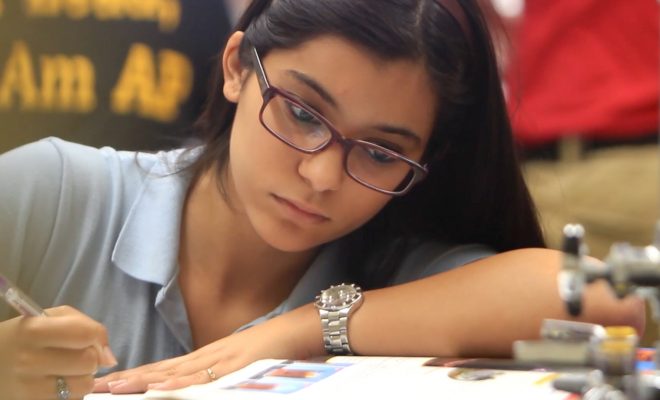Personality and Its Influence on Instructional Leadership Behavior

Leadership models can be expected to appeal to some administrators more than others, based on their personality traits. A wider range of skills and styles cannot be accommodated by one person, because a leader already has his or her own preferences, influenced by their personality. The natural differences in personality among various leaders result in preferences that operate below the level of the leader’s awareness. It is also not humanly possible for leaders to comply with such varied and complex requirements.
As a result of personality differences, a leader develops judgments, and responds to his or her environment by focusing on certain leadership aspects more than others. Variations caused by factors such as age, upbringing, and gender have been shown to affect the way personality is developed and expressed. Practices are also influenced by the interaction between personality and contextual aspects associated with the workplace. Examples of these contextual aspects include the perceived nature of work, the leadership experience, the school level, and the leader’s position.
So which is the best way forward? It would seem wise that school leader and administrators first acknowledge their inborn, natural tendencies toward some practices over others. They should then reflect on whether these preferences affect their leadership practices. Honesty and transparency in admitting personality differences would motivate the leaders to consider ways to satisfy the various needs of their schools. Self-awareness is a necessary step in the development of tendencies in the leader that complement effective team-building.
Delegation is a pillar of leadership, considered by many researchers as a vital component for leadership success. Research has shown that delegation is dependent on personality preferences, which translate to foregone conclusions in leadership behavior and in competence. The leader’s preferences are heavily influenced by what is natural, comfortable, and enjoyable for the leader.
School leaders should consider reshaping their school leadership responsibilities in a manner that considers the administrator’s preferences, thus attempting more modest efforts, based on sound research. While this may be more supportive of a differentiated rather than instructional leadership style, the importance of including varying differences of opinion is vital for any leadership model.
As schools seek to redefine themselves as learning communities, its members must work together in a friendly, cooperative fashion, by challenging and engaging with each other. Jungian theory finds that diversity generates synergy and innovation. Most leadership researchers and theorists have noted that human differences provide the creative tension needed in the forward movement and growth of any institution. Models of leadership that ignore the nature of leaders tend to be far less effective.
As school principals work to close the achievement gap in learning, they should strive to build a conscious understanding of their own natural preferences, in relation to instructional leadership. Human differences are often depicted as weaknesses, and are quickly pushed aside. Seeking to address them in a meaningful way, instead of dismissing them, can be a seed for success in educational leadership.
Click here to read all our posts concerning the Achievement Gap.






